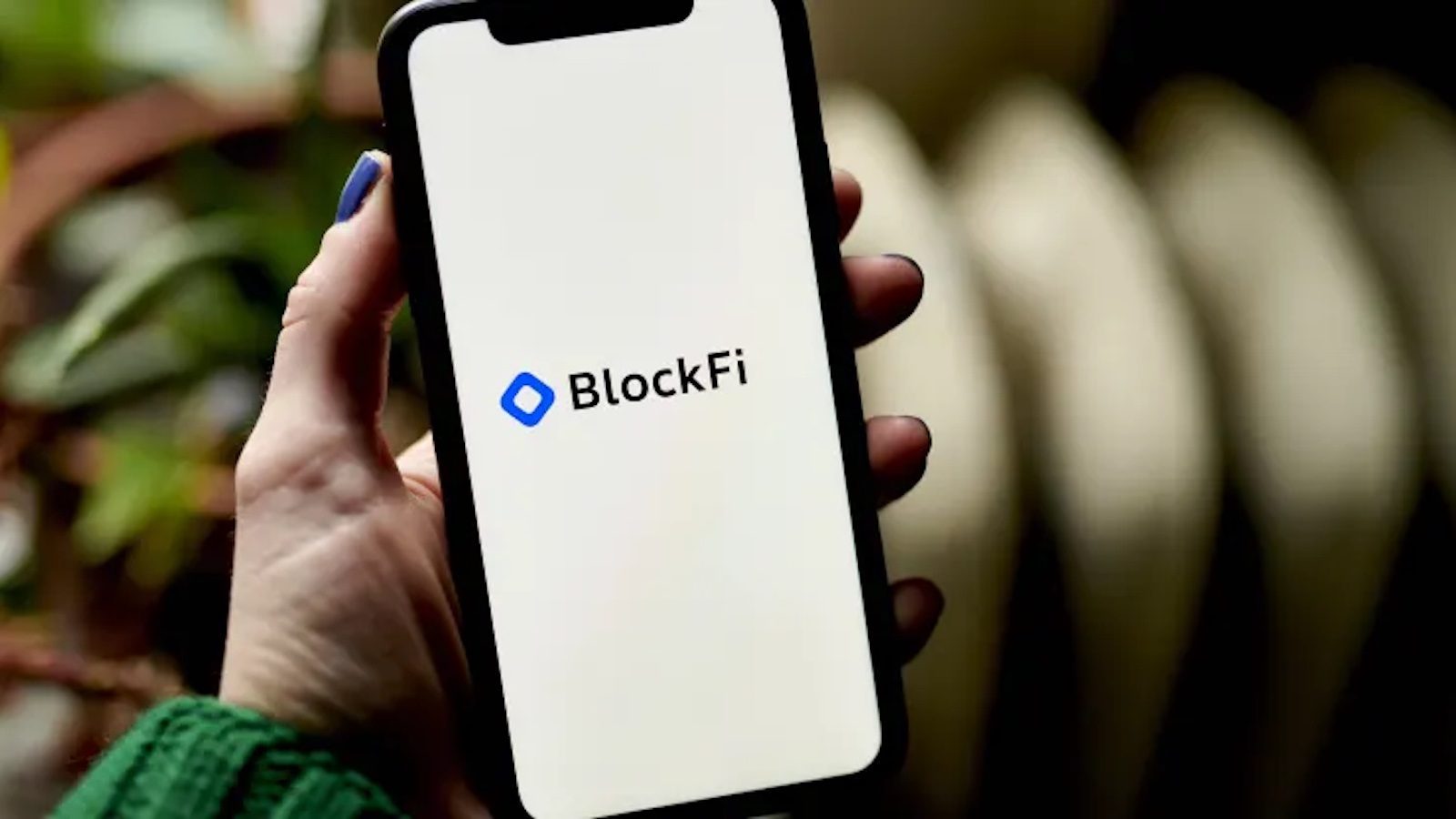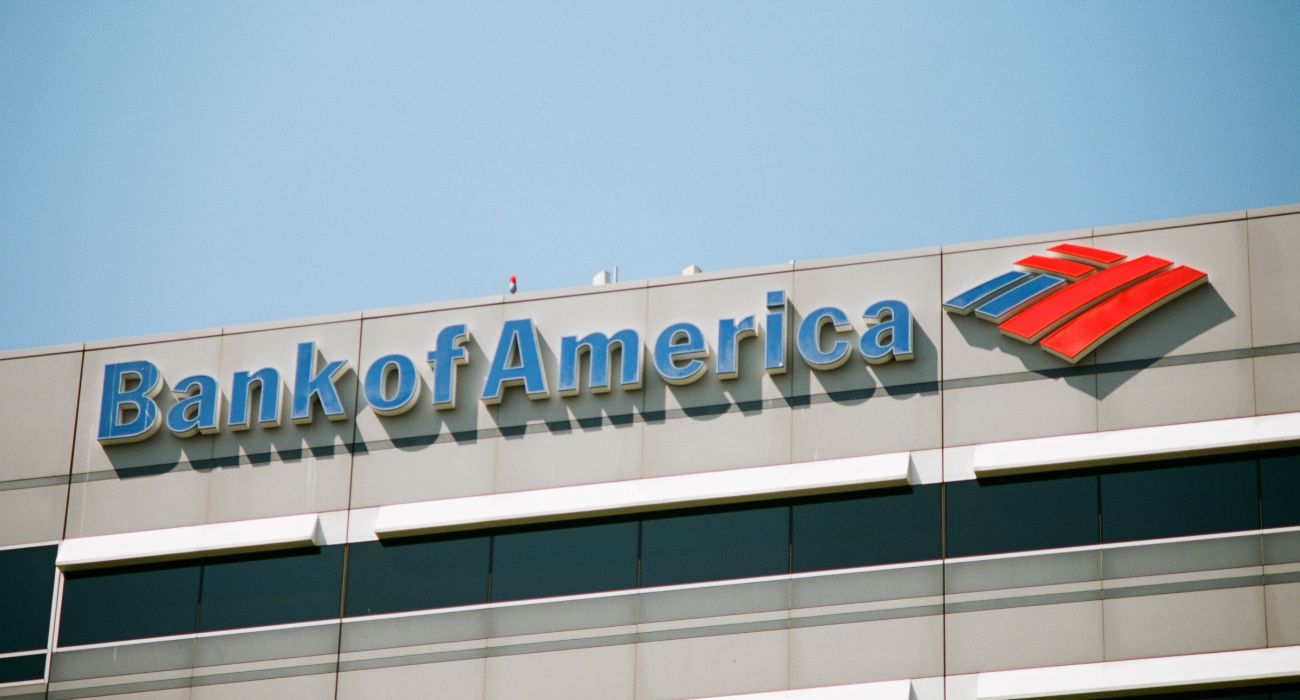The fallout from the downfall of FTX continues, with cryptocurrency lender and financial services firm BlockFi filing for bankruptcy on November 28.
During the summer, BlockFi obtained a $400 million line of credit from FTX amid a hurting crypto market. Chief executive of BlockFi, Zac Prince, said the loan would supply the company with “access to capital that further bolsters our balance sheet.” As part of the terms of the credit line, FTX maintained the option to buy BlockFi.
As a result, the lender’s fate was tied to the prominent crypto exchange. Within days of the FTX blow-up, BlockFi was suspending redemptions, citing “significant exposure” to the exchange led by notorious founder and CEO Sam Bankman-Fried, or SBF for short.
The crypto industry has experienced a volatile 2022 to date. During the spring, prices in the sector fell rapidly, with one-fifth of Bitcoin’s value evaporating in a single week.
BlockFi is the latest lender, but not the first, to run into trouble in 2022. Celsius Network and Voyager Digital similarly filed for bankruptcy earlier this year.
All three lenders, BlockFi, Celsius, and Voyager, were known for offering lofty interest rates to customers. The activity, known as crypto lending, allows customers to loan their cryptocurrency holdings to trading firms. In return, they obtain attractive returns in the form of interest.
BlockFi, based in Jersey City, N.J., was founded in 2017. As of 2021, the crypto lender had over 450,000 retail clients and was known for providing customers with rapid loans with no credit check requirements.
Predictably, the lax lending policies attracted the attention of U.S. regulators. The Securities and Exchange Commission (SEC) reached a $100 million settlement with BlockFi’s lending arm in February 2022, citing a breach of registration failures.
The action marked the SEC’s first settlement since warning players in the space that it would target firms failing to register as investment companies and those offering loans without first registering them as securities.
The settlement was reportedly intended to provide the crypto lender with a viable registration path with the U.S. regulator. Ostensibly, it would also act as an example for other players in the space, encouraging registration and transparency.
The crypto industry, however, resisted the SEC’s efforts. Crypto purists viewed the settlement as evidence that overreaching regulation pressured American firms to operate offshore to avoid domestic oversight.
According to BlockFi advisor Mark Renzi, the company does not “face the myriad issues apparently facing FTX.” In fact, as per Renzi, the company is “well-positioned to move forward despite the fact that 2022 has been a uniquely terrible year for the cryptocurrency industry.”
Renzi works as a managing director with Berkeley Research Group, a firm hired to advise BlockFi through its Chapter 11 proceedings.
In September, before the FTX collapse, co-founder of BlockFi, Flori Marquez, told The New York Times, “We are just at the beginning of this story.” Sadly, however, the digital lender was, in fact, much closer to the end.






